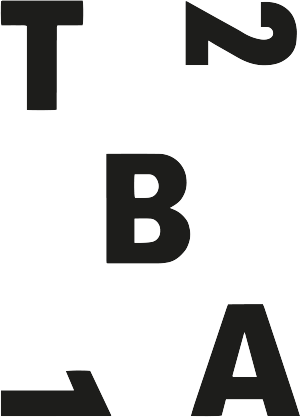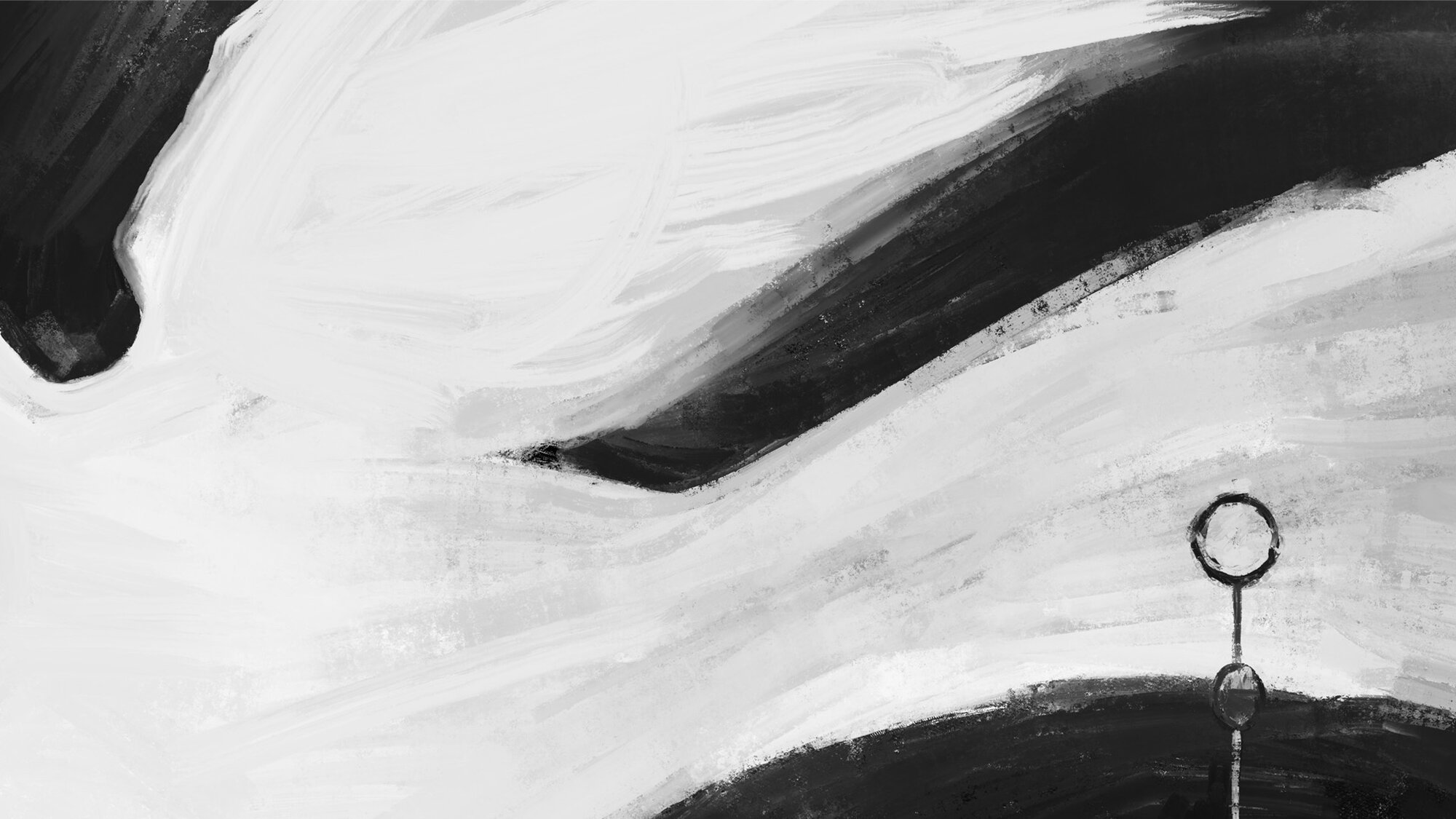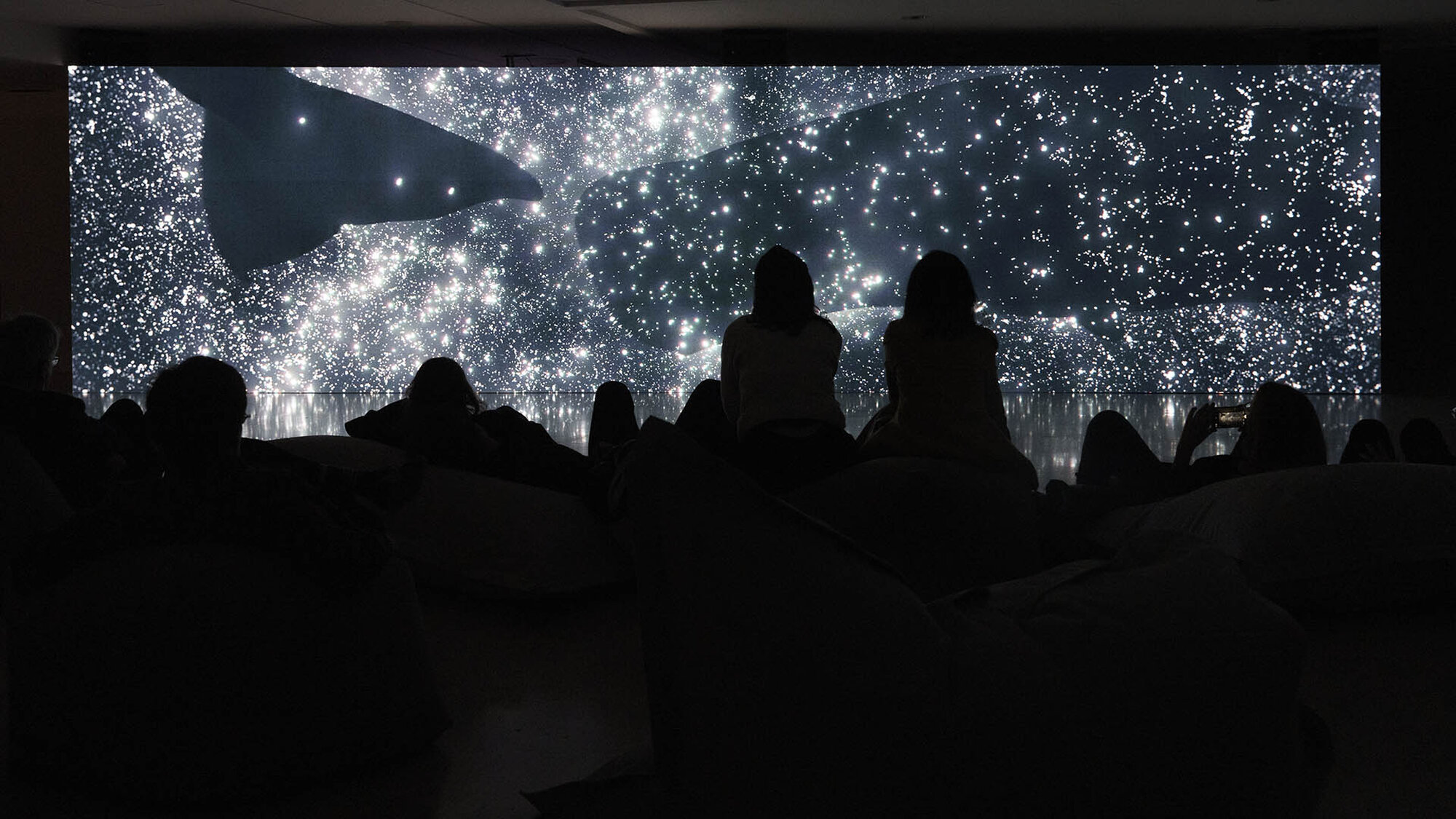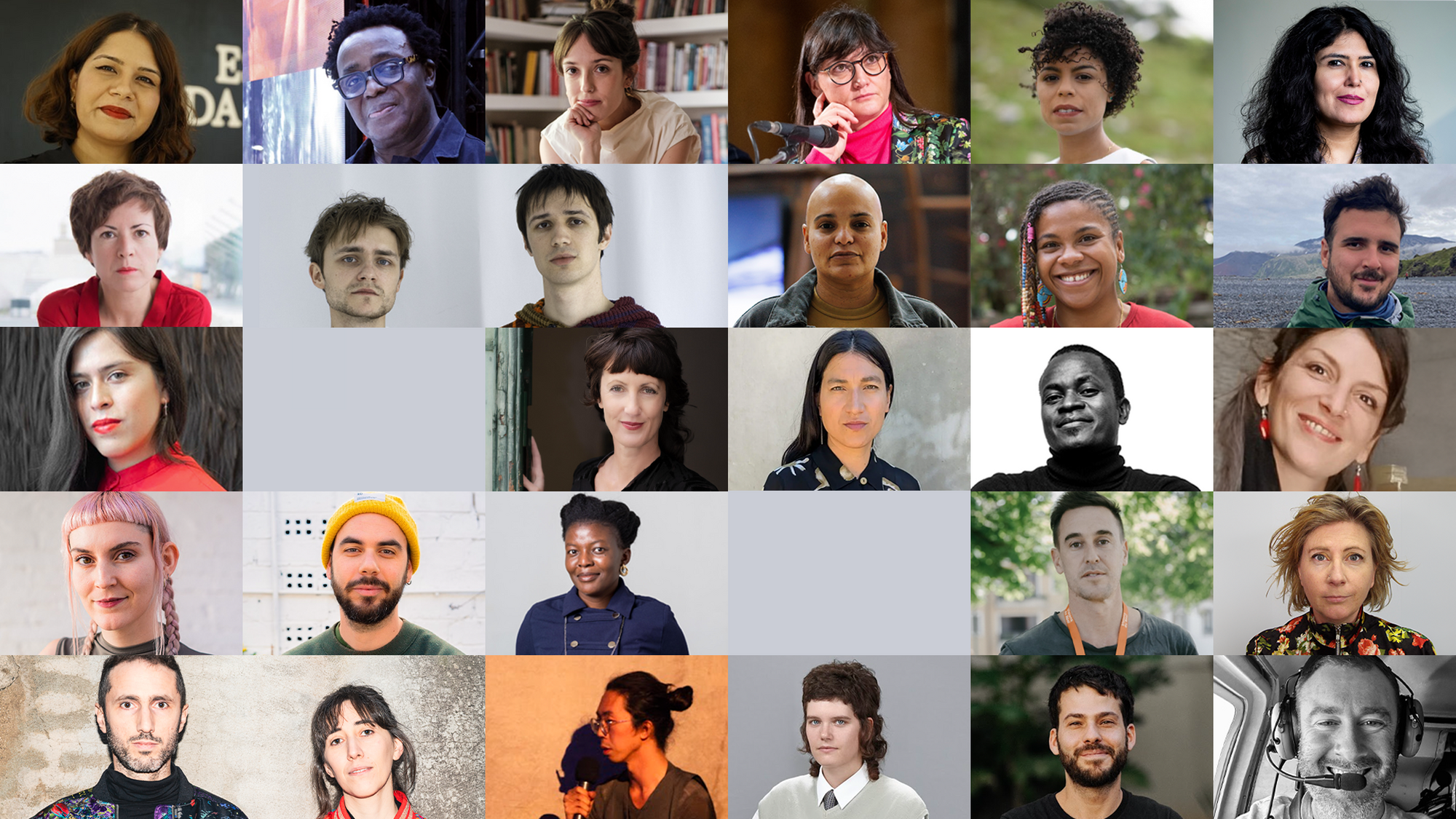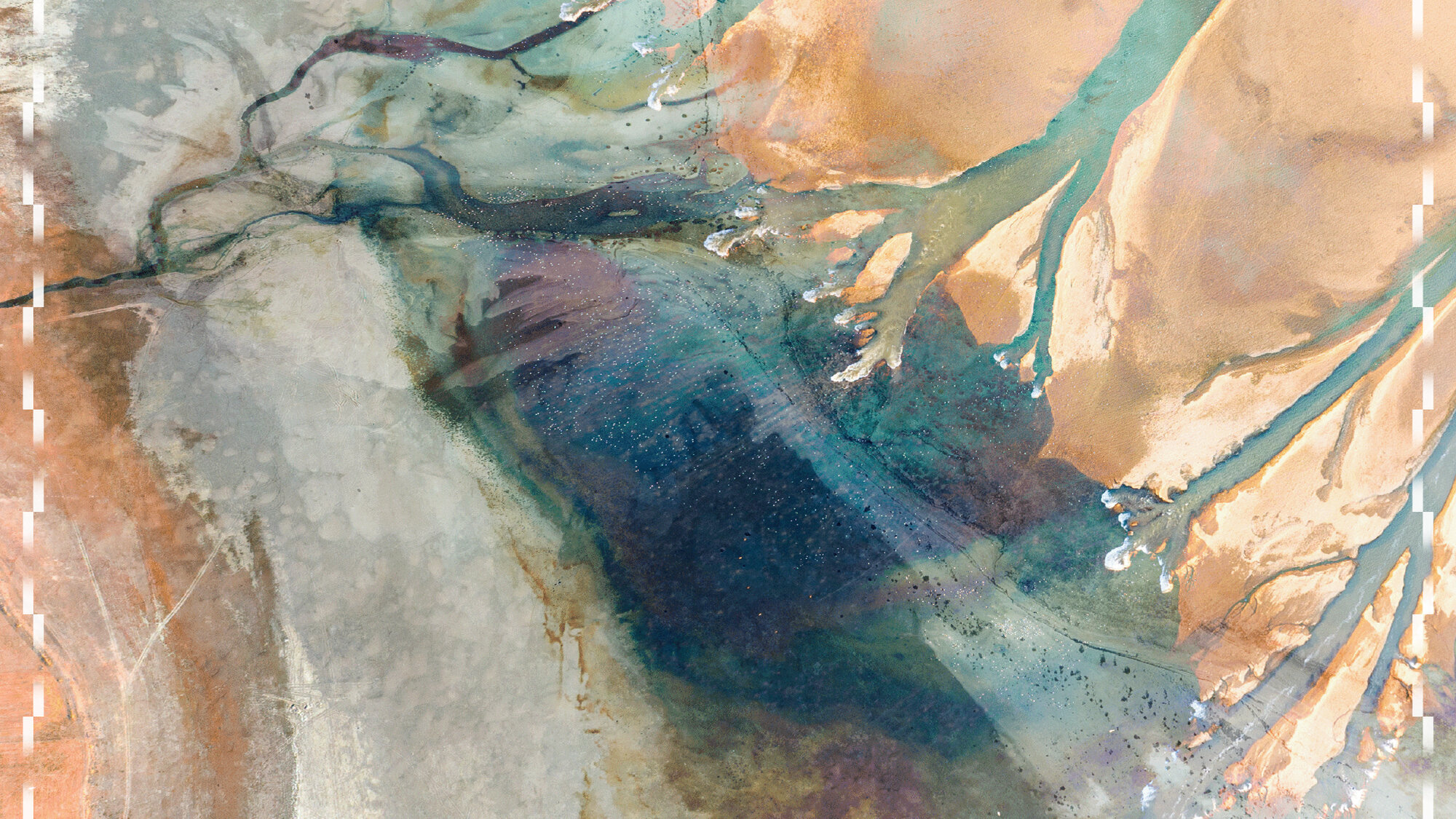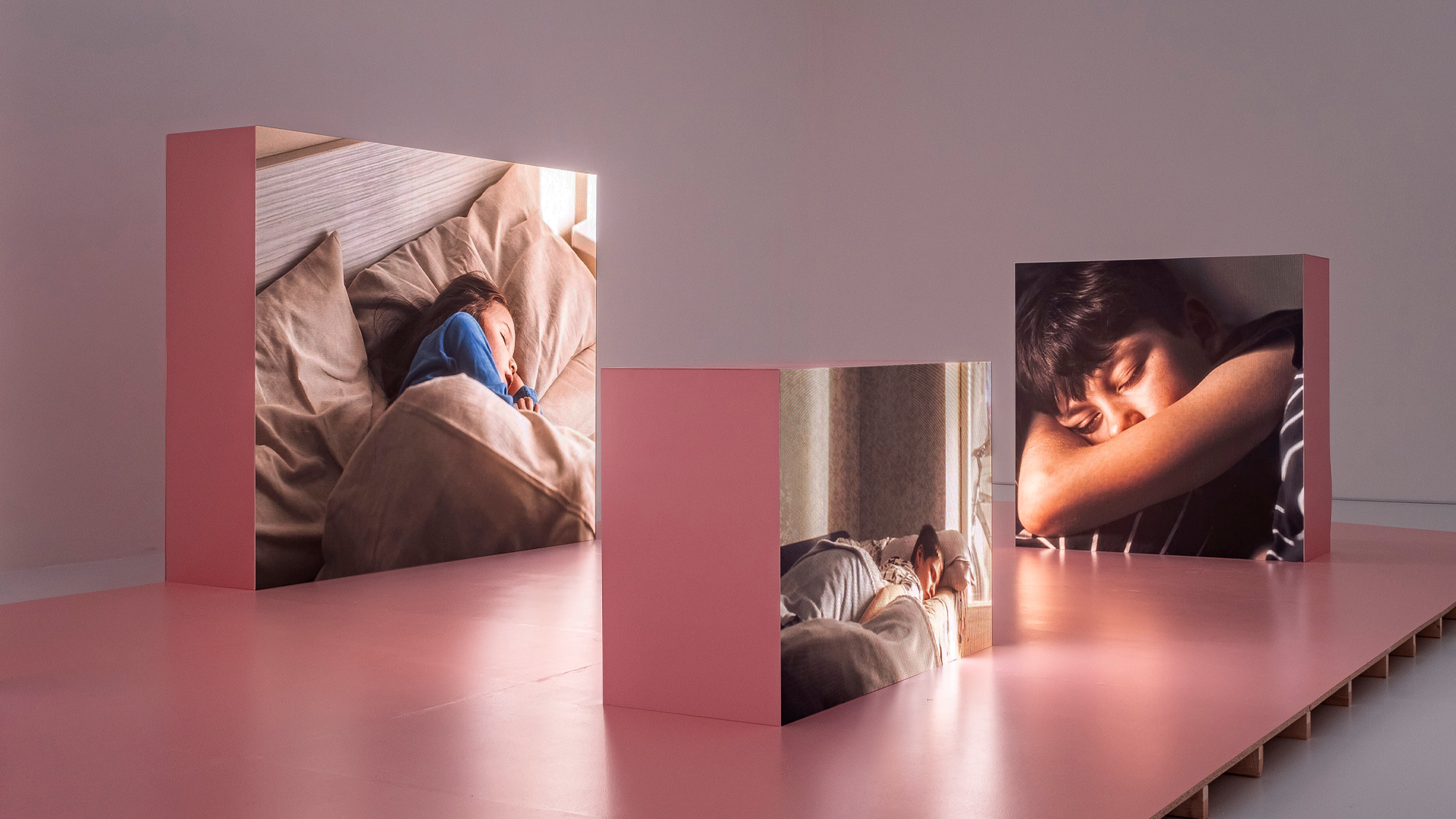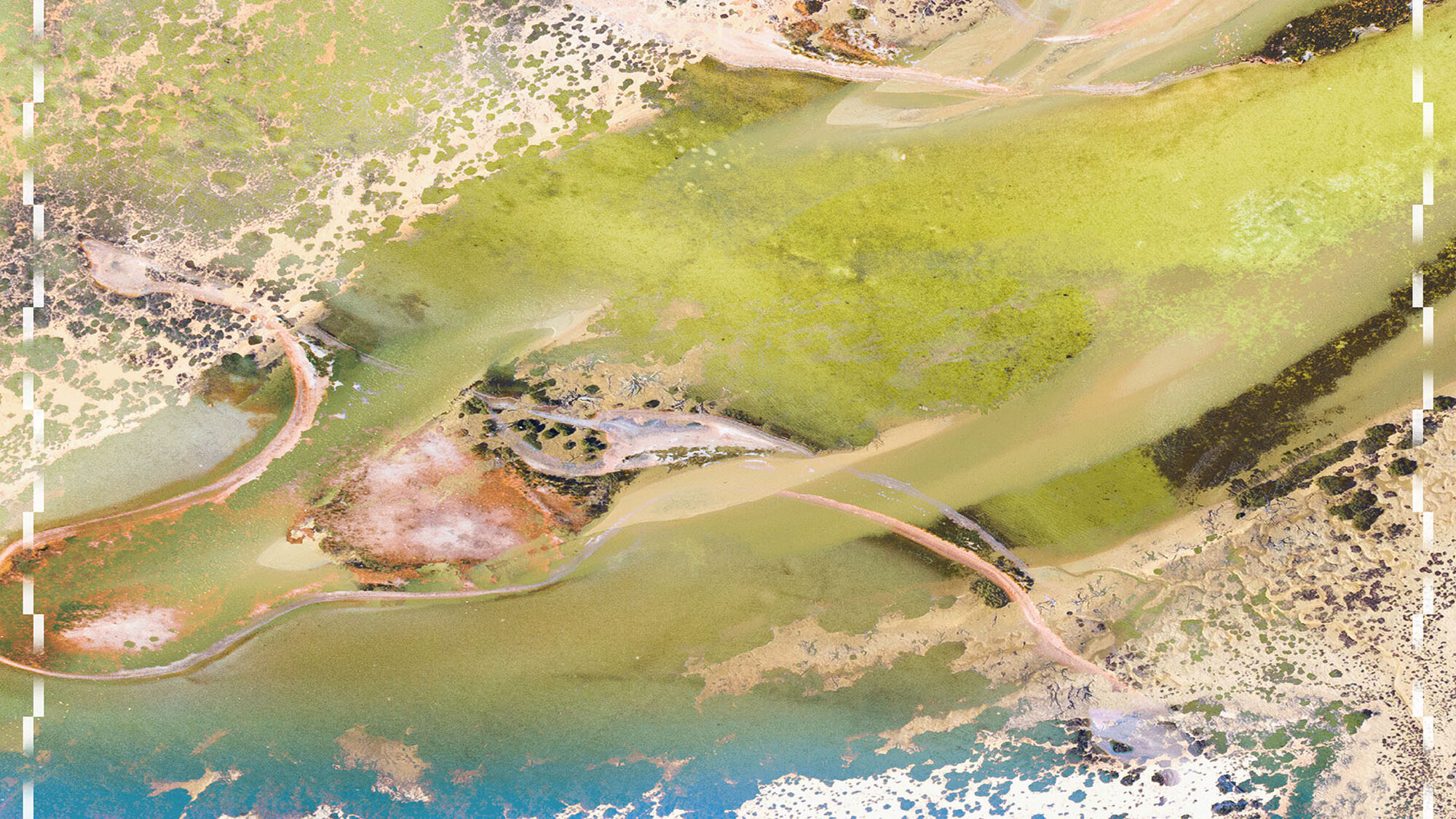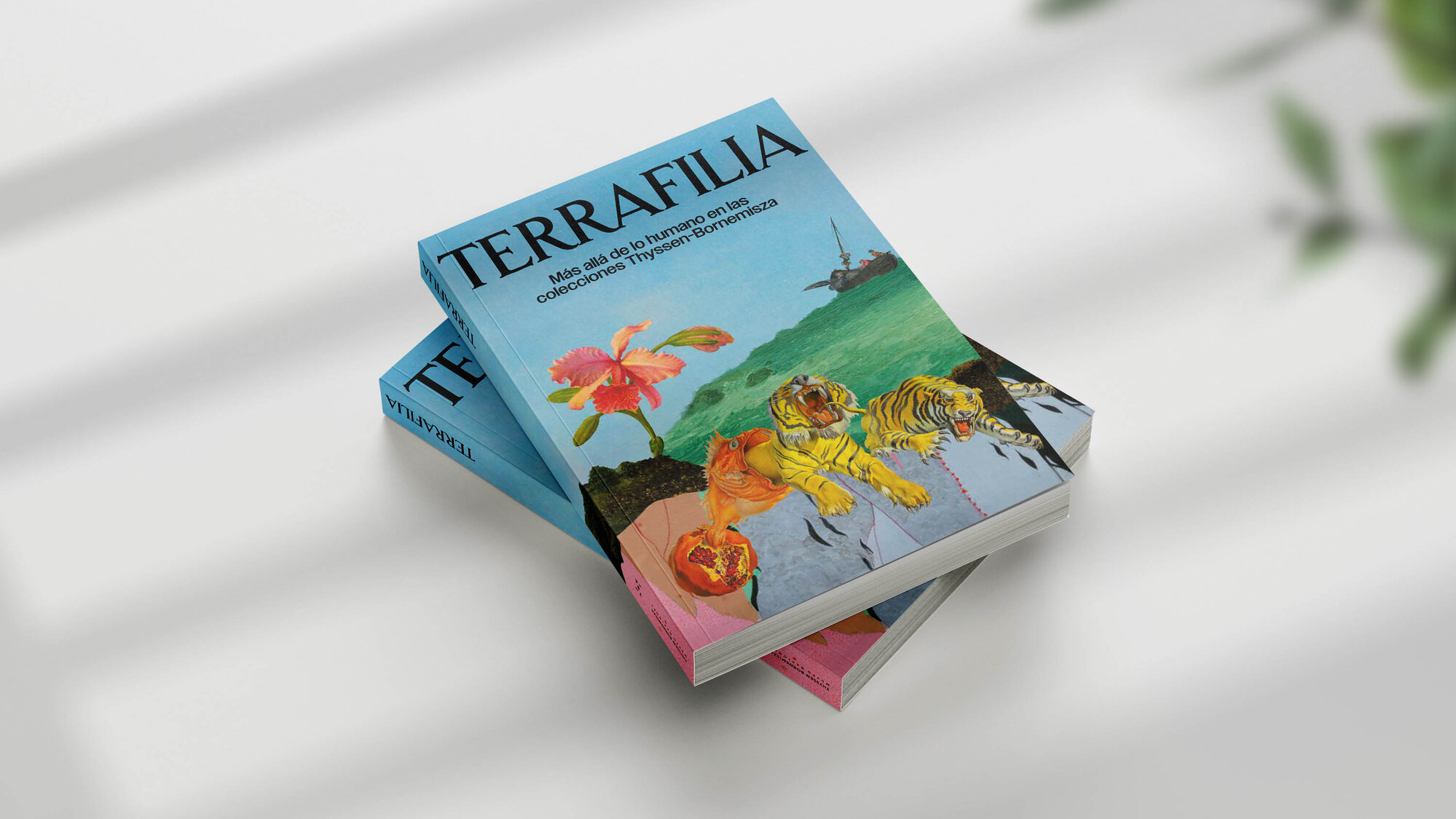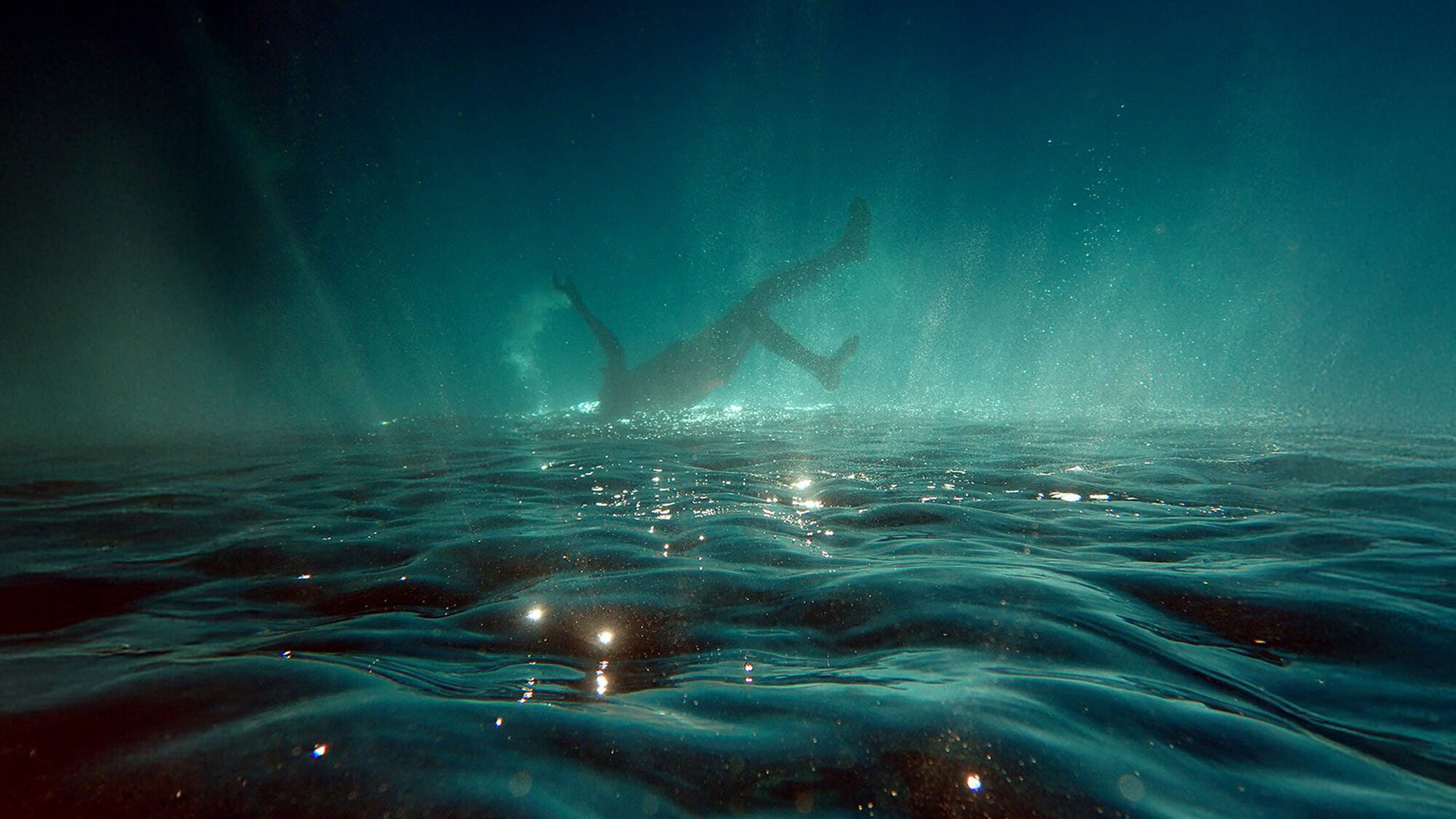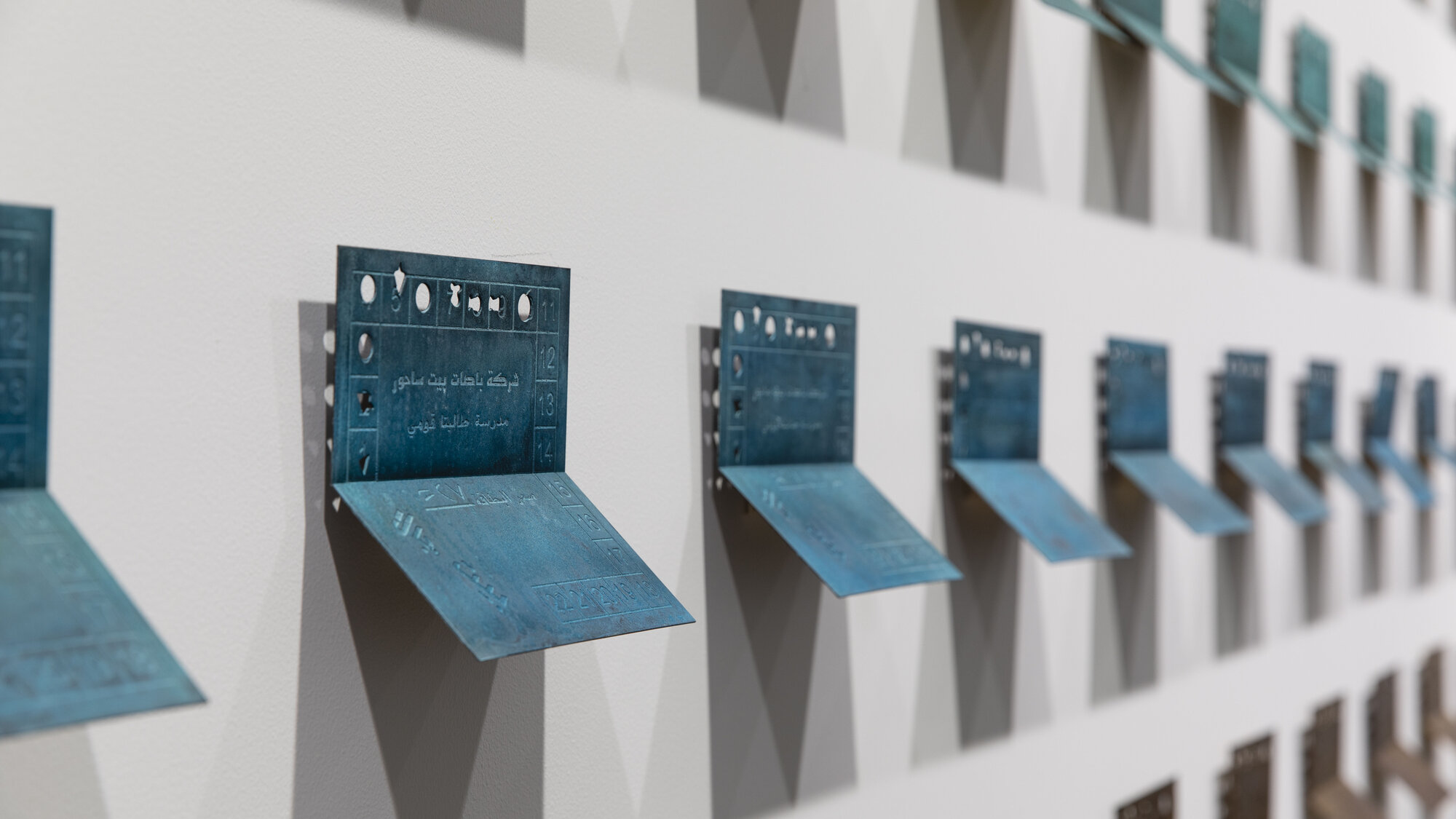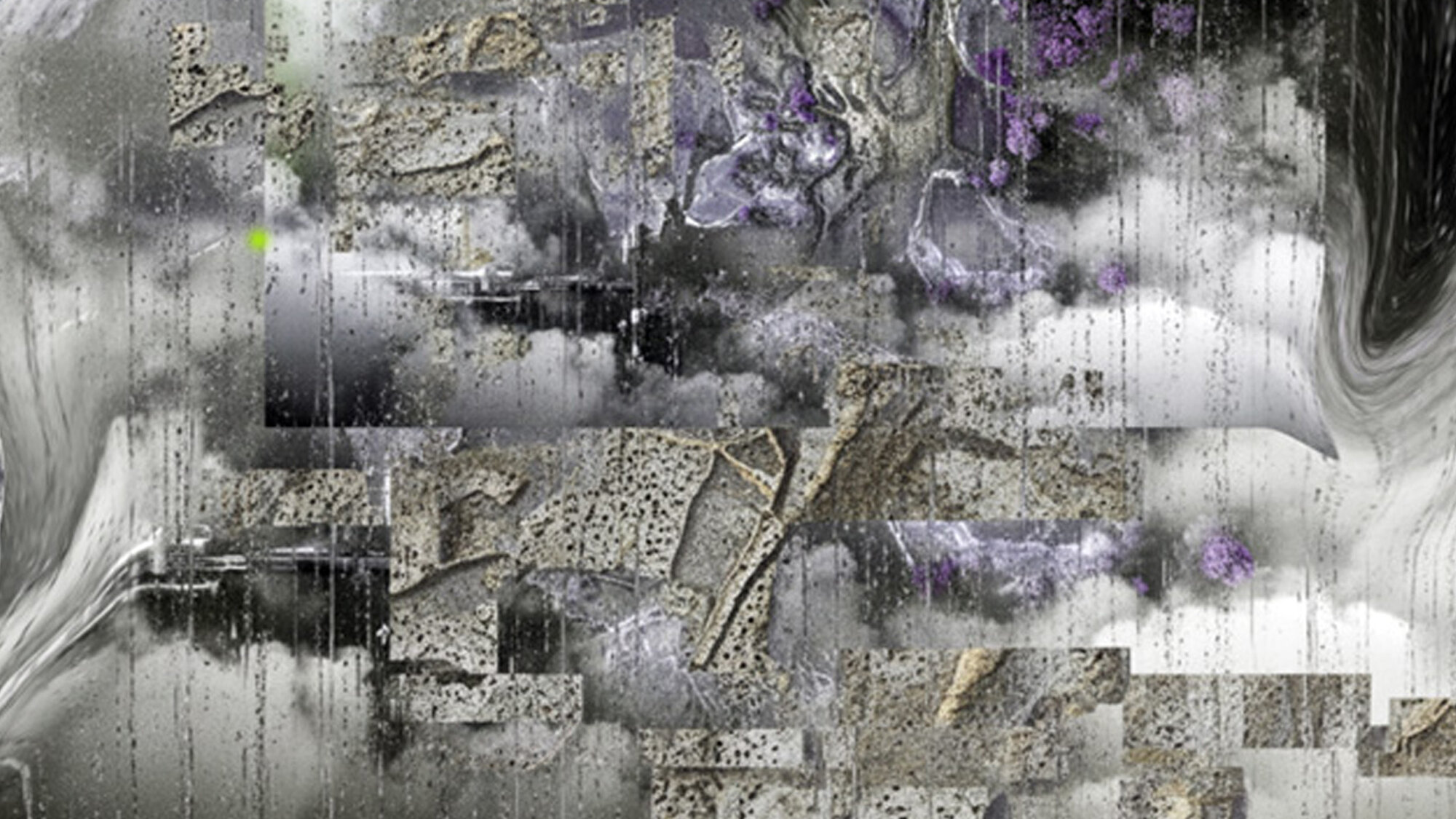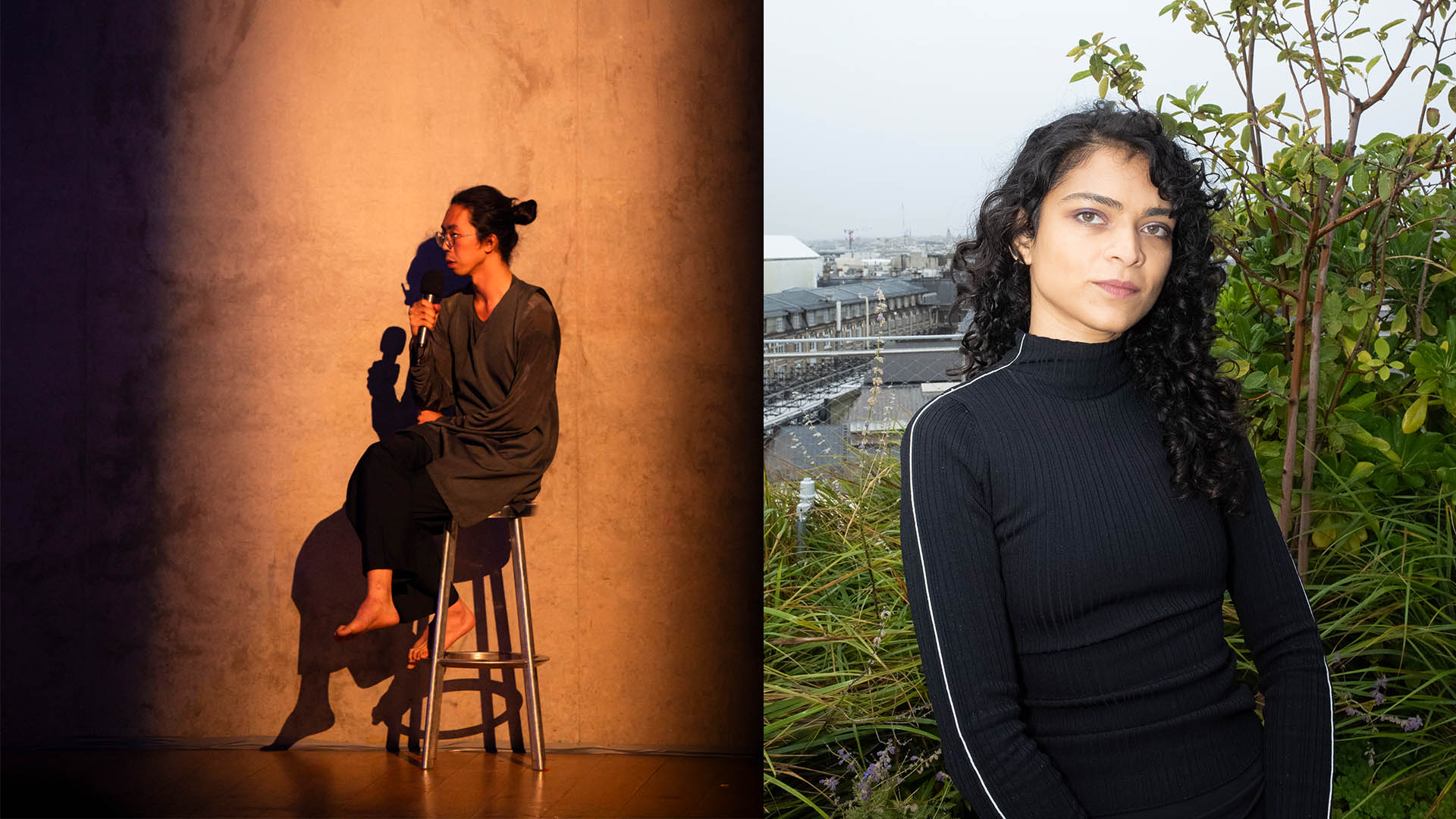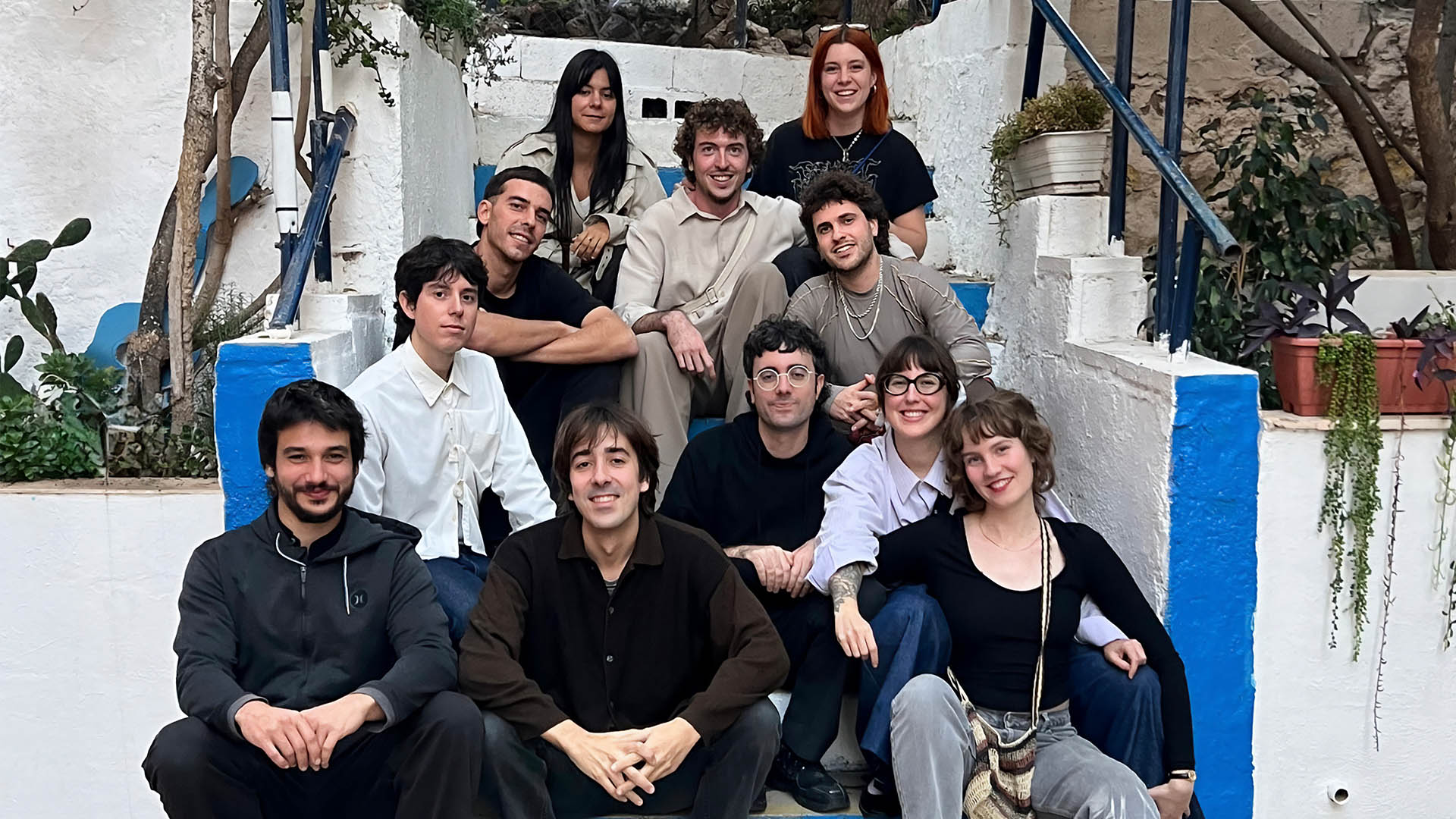TERRAFILIA FEST PROGRAM
Saturday, September 20, 2025
For more information about the festival, click here.
MORNING TICKETS | EVENING TICKETS
The Saturday morning program block in the auditorium, presented by architect and curator Eduardo Castillo-Vinuesa, opens with the presentation of the upcoming edition of Organismo, an interdisciplinary initiative featuring artists Andrea Muniáin, Gary Zhexi Zhang, Jacob Bolton, Grandeza Studio, Paulo Tavares, and Domestic Data Streamers. The morning continues with a session dedicated to the anthology Palestine is Everywhere, led by writer and curator Skye Arundhati Thomas, together with contributors Nahil Mohana and Gloria Habsburg, who will reflect on global struggles for liberation and justice.
The afternoon program, presented by Marina Avia Estrada and Eduardo Castillo-Vinuesa, brings together Zheng Bo and James Bridle in a conversation on forms of intelligence and affect beyond the human. This is followed by interventions by artists Riar Rizaldi and Libby Heaney, who explore quantum cosmologies that transcend orthodox models of knowledge and practice. The block concludes with a conversation between Tommaso Calarco and Marina Otero on the future of planetary computation and its ecological dimensions.
Saturday’s programming is completed with a guided tour of the exhibition Terraphilia, the playground El fin del verano proposed by La cuarta piel, and a film cycle blending experimental documentary, essay film, and speculative fictions with works by artists such as Regina de Miguel, Amar Kanwar, and Asunción Molinos Gordo, among others.
11:00 AM – 12:00 PM | TERRAPHILIA EXHIBITION WALKTHROUGH
Terraphilia exhibition Walkthrough, by curator Daniela Zyman (English group) and Marina Avia Estrada (Spanish group)
Location: Terrafilia exhibition rooms
Language: In English and Spanish
Collaborators: In collaboration with Festival de las Ideas
Recommended age: All audiences
Price: Free, with invitations available for download on the museum’s website.
About the Guests
Marina Avia Estrada is an art historian and curator, currently serving as Director of Exhibitions and Public Programs at TBA21–Thyssen-Bornemisza Art Contemporary. She holds a Master’s degree in Critical and Curatorial Studies from Columbia University and another in Contemporary Art History and Visual Culture from the Autonomous University of Madrid. She has previously worked at institutions such as IPCNY (International Print Center New York), Wallach Art Gallery, Tabacalera Promoción del Arte, and AECID (Spanish Agency for International Development Cooperation). She is a regular contributor to the Spanish art magazine Exit Express.
Daniela Zyman is a writer, curator, and artistic director of TBA21 Thyssen-Bornemisza Art Contemporary. Her academic work focuses on how artistic counter-investigation challenges the boundaries between aesthetics and science. Before joining TBA21 in 2003, she was the chief curator at the MAK in Vienna and co-founder of the MAK Center for Art and Architecture in Los Angeles. She also directed Künstlerhaus Vienna and A9 Forum Transeuropa. At TBA21, she has curated significant exhibitions such as the Abundant Futures, Remedios, and Ecologies of Peace trilogy at the C3A in Córdoba, as well as Terrafilia at the Museo Thyssen-Bornemisza in Madrid, where stories beyond the human and multi-species imaginaries are explored.
11:00 AM – 12:30 PM | PROGRAM PRESENTATION
Organismo | Art in applied critical ecologies 2026 Edition with Andrea Muniain, Gary Zhexi Zhang, Jacob Bolton, Grandeza Studio, Paulo Tavares, Domestic Data Streamers.
Location: Auditorium (virtual presentation)
Language: English and Spanish
Recommended age: All audiences
Price: Free, with invitations available for download on the museum’s website. Activity included in the Saturday morning ticket.
A quota of 10% of the capacity is reserved for same-day access without a prior ticket.
In this special session, the upcoming edition of the Organismo initiative will be unveiled, offering a glimpse into the themes, institutions, and agents that will shape the next cycle of the program. Organismo is an experimental applied research program that connects situated investigation, critical theory, and speculative practice through a series of real-world case studies. Each edition engages with specific contexts and research strands, developing interdisciplinary methodologies and collective configurations of actors working toward ecological transformation. The event brings together the leading artists behind the upcoming edition and will mark the opening of the public call for participants, inviting practitioners from all fields to join this collective endeavor.
About the Guests
Andrea Muniáin is an architect, researcher, and artist whose work examines the political dimensions of digital representations of the body through scenographic installations that intertwine physical and virtual space. She is co-author of El Giro Fotogramétrico (2023) and currently serves as technical curator of Generaciones at La Casa Encendida.
Gary Zhexi Zhang is an artist, writer, and researcher who investigates the systemic entanglements of cosmology, technology, and economy. He operates across media—including film, opera, installation, and writing—and edited Catastrophe Time! (2023). His works such as METAMERS, The Tourist, and Dead Cat Bounce explore speculative imaginaries and alternative temporal systems.
Jacob Bolton is a researcher and filmmaker interested in the infrastructural and economic dimension of logistics. Affiliated to the London School of Economics, Bolton investigates logistics, shipping, and climate finance through critical temporal and spatial frameworks. Previously affiliated with Forensic Architecture and the Centre for Research Architecture, he is co-founder of the art duo Liquid Time.
Grandeza Studio. Collective of architects and artists founded in Madrid in 2011 (Amaia Sánchez-Velasco, Jorge Valiente Oriol) Their practice hybridizes critical spatial research, design, performance, film, and pedagogy to reveal and challenge the structural violence embedded in late-capitalist landscapes. Notable works include Pilbara Interregnum, Strata Incognita and Espejito Espejito, curated for Mayrit Biennial.
Paulo Tavares is an architect, educator, author, and advocate whose multidisciplinary work addresses colonial legacies through architecture and visual culture. He co-curated Brazil’s Terra project—a Golden Lion-winning pavilion at Venice Biennale 2023—and authored critical texts like La naturaleza politica de la selva (2024). He teaches at Columbia GSAPP and the University of Brasília and leads the advocacy studio autônoma.
Domestic Data Streamers is a creative studio at the intersection of data art, design, and civic engagement. They transform raw urban, environmental, and social data into immersive visualisations and performances, aiming to illuminate invisible patterns and foster collective awareness.
12:00 – 7:00 PM | PLAYGROUND
The End of Summer, designed by La cuarta piel
Location: Post-Pop rooms
Collaborators: Co-produced with Educathyssen
Recommended age: All audiences
Price: Free access until full capacity is reached.
As the September equinox marks a fleeting moment of cosmic balance between the Sun and the Earth—when both hemispheres receive the same sunlight before their seasons reverse—we are reminded of how planetary cycles shape our rhythms, and how that seasonal nostalgia now intertwines with a climate in transformation. La cuarta piel presents The End of Summer, an installation that captures the bittersweet sensation of a season in transition. Hijacking galleries usually reserved for artworks, the proposal transforms them into an estival playground, inviting visitors to feel once more the warmth of sun cream, tanned skin, and unproductive days suspended in time, staging a paddle tournament under the glow of a domesticated UV sun. Both celebration and farewell, the piece gestures toward an uncertain horizon where endless summers and blurred seasons redefine landscapes and rituals, inviting us to savour their sweetness one last time—before its irreversible mutation.
About the Collective
La cuarta piel is a collective that combines artistic research, design, and cultural mediation, founded in Alicante in 2020. Their work explores new ecosocial relationships emerging within contemporary landscapes. Through situated processes, they aim to foster a new ecological sensitivity that inspires collective reflection and enjoyment. Their projects have been showcased at institutions such as the Mayrit Design Biennial and La Casa Encendida in Madrid, Arts Santa Mònica and the Grec Festival in Barcelona, and both the Centre del Carme Cultura Contemporània and the IVAM in València. Their innovative work has also earned recognition and awards from the FAD Foundation, Arquia Innova and the Ibero-American Architecture Biennial.
12:00 – 7:00 PM | FILM CYCLE
Location: Post-Pop rooms
Language: Original version with English and Spanish subtitles
Recommended age: All audiences
Price: Free, with invitations available for download on the museum’s website.
Bringing together works by Regina de Miguel, Allora & Calzadilla, Anetta Mona Chisa & Lucia Tkáčová, Amar Kanwar, Yeo Siew Hua, Omar Mismar, Asunción Molinos Gordo, Tuan Andrew Nguyen, Eduardo Williams, Deborah Stratman, and Riar Rizaldi, Terrafilia’s Film Cycle merge experimental documentary, essay film, and speculative fictions, to navigate the fractures and continuities of our planetary condition.
From necropolitics to ecological resistance, from ritual to resource extraction, the films trace spectral geographies where the legacies of colonialism, environmental devastation, and social upheaval converge. They open up spaces of dissonance and reflection, staging encounters with more-than-human agencies, volatile histories, and possible futures.
Conceived as an extension of the festival’s explorations, the cycle proposes cinema as a medium attuned to the temporal fault lines of our present—revealing how images can unearth hidden strata, weave critical fabulations, and reassemble our sense of what is still possible.
Schedule:
12:00 PM – Deborah Stratman: Last Things (50 min)
1:00 PM – Asunción Molinos Gordo: Barruntaremos (Inklings) (9 min)
1:15 PM – Allora and Calzadilla: A Man Screaming is not a Dancing Bear (11 min)
1:30 PM – Yeo Siew Hua: An Invocation to the Earth (16 min)
1:45 PM – Tuan Andrew Nguyen: Đại Bác Nghe Quen Như Câu Dạo Buồn (The Sounds of Cannons, Familiar Like Sad Refrains) (9 min)
2:00 PM – Omar Mismar: Abou Farid’s War (31 min)
2:30 PM – Jumana Mana: Foragers (65 min)
3:40 PM – Amar Kanwar: The Scene of Crime (42 min)
4:30 PM – Eduardo Williams: Pude ver un puma (Could See a Puma) (17 min)
5:00 PM – Riar Rizaldi: Mirage: Eigenstate (30 min)
5:30 PM – Anetta Mona Chisa & Lucia Tkáčová: Capital: Magical Recipes for Love, Happiness and Health (12 min 17 sec)
5:45 PM – Regina de Miguel: Nekya: A Film River (74 min)
For more information about the film program, click HERE.
12:45 – 2:15 PM | CONVERSATION + COLLECTIVE READINGS
Palestine is Everywhere, with Skye Arundhati Thomas, Nahil Mohana and Gloria Habsburg
Location: Auditorium
Language: English with simultaneous translation to Spanish
Recommended age: All audiences
Price: Free, with invitations available for download on the museum’s website. Activity included in the Saturday morning ticket.
A quota of 10% of the capacity is reserved for same-day access without a prior ticket.
Writer and editor Skye Arundhati Thomas, joined by contributors to the anthology and digital platform powered by TBA21 Palestine is Everywhere, explores the global resonance of the Palestinian struggle for liberation. Framed by Nasser Abourahme’s assertion that “Palestine is everywhere because it names a political subject of radical universal emancipation,” the session interweaves dispatches from Gaza with essays, poems, protest chronicles, and letters to reflect on how Palestine—both as place and idea—refracts planetary struggles against settler-colonial orders and provides a lens through which to reimagine solidarity and collective emancipation.
About the Speakers
Skye Arundhati Thomas is a writer, editor, and curator whose work intertwines contemporary politics, South Asian histories, and aesthetic form. She is the editor of the anthology Palestine is Everywhere, which gathers voices from Gaza and beyond to illuminate planetary struggles for emancipation.
Nahil Mohana is a novelist, playwright, and educator based in Gaza City. Her raw and powerful writings—published in The Washington Post, AGNI, LitHub, and now the Palestine is Everywhere anthology—have documented survival, displacement, and resilience amid conflict.
Gloria Habsburg works in the documentary audiovisual field as a director and producer. In this latter role, she has contributed to Defiant (2023), the Oscar-winning Navalny (2022), and Vera (2019). She is associate editor and curator of the publication Palestine is Everywhere.
5:30 – 6:00 PM | SCREENING + ONLINE CONVERSATION
Interspecies Affections: Love, Plants, and Politics, with Zheng Bo
Location: Auditorium (online connection)
Language: English with simultaneous translation to Spanish
Recommended age: All audiences
Price: Free, with invitations available for download on the museum’s website. Activity included in the Saturday afternoon ticket.
A quota of 10% of the capacity is reserved for same-day access without a prior ticket.
In this session, the renowned eco-queer artist Zheng Bo presents excerpts from his acclaimed series Pteridophilia, which pushes the boundaries of sexuality and love by exploring interspecies relationships and forms of affection between humans and plants. Following the screening, Zheng Bo will engage in a conversation about his artistic practice, delving into how his work challenges anthropocentric worldviews and invites us to cultivate new forms of ecological and social solidarity. The discussion will also touch upon his emerging projects that explore the political dimensions of aquatic environments, expanding the conversation towards new ecosystems.
About the Artist
Zheng Bo is an artist whose practice explores how to live well on Earth through sustained engagement with plants and ecosystems. Since 2013, he has studied ferns in Taiwan, mosses in Scandinavia, grass trees in Western Australia, and date palms in the Arabian Peninsula, and more recently has turned toward the ocean through research on coral reefs in the South Pacific. His work has been presented at the Venice (2022), Liverpool (2021), Taipei (2018), and Shanghai (2016) Biennials, and is held in collections including Tate (London), the Hammer Museum (Los Angeles), and the Hong Kong Museum of Art.
6:00 – 6:50 PM | KEYNOTE
There Is No Place Which Does Not See You, with James Bridle
Location: Auditorium
Language: English with simultaneous translation to Spanish
Recommended age: All audiences
Price: Free, with invitations available for download on the museum’s website. Activity included in the Saturday afternoon ticket.
A quota of 10% of the capacity is reserved for same-day access without a prior ticket.
According to Charles Sutherland Elton's concept of the ecological niche, we do not merely occupy our place in the world, but actively shape it, and are shaped in turn. This niche is not static, nor silent: it is a busy, buzzing web of relationships, between ourselves, non-human and vital others, and whole systems of life, climate, and geology. The flower hears the bee; how do we think and feel the changes that are occurring around us? How do we take responsibility for our place in the world, while understanding when it is time to change ourselves? In this keynote, artist, writer, and technologist James Bridle delves into the themes of their latest research on planetary intelligence.
About the Artist
James Bridle is a multidisciplinary artist and writer whose work explores the intersections of technology, culture, and society. Known for their thought-provoking insights into the digital age, Bridle’s work challenges conventional perspectives on intelligence and agency. Their projects often invite audiences to reconsider their relationship with technology, the environment, and each other. Bridle's influential publications and art installations have been showcased globally, establishing them as a leading voice in contemporary discourse on the future of human and non-human coexistence.
7:00 – 7:30 PM | SCREENING + ONLINE CONVERSATION
Integrative Cosmologies, with Riar Rizaldi
Location: Auditorium (online connection)
Language: English with simultaneous translation to Spanish
Recommended age: All audiences
Price: Free, with invitations available for download on the museum’s website. Activity included in the Saturday afternoon ticket.
A quota of 10% of the capacity is reserved for same-day access without a prior ticket.
Beginning with a screening of the prologue episode of his multi-part film project Mirage—which weaves together Sufi mysticism, particle physics, and Southeast Asian cosmologies—this session unfolds as a conversation with artist and filmmaker Riar Rizaldi. His practice challenges the nature of reality, positioning Western science as one methodology among a constellation of pluralistic worldviews that coexist and complicate one another. The discussion will depart from Mirage to explore how Rizaldi employs his distinctive blend of fieldwork and speculative fiction to navigate the entanglements of technology, spirituality, and cultural heritage, inviting us to reimagine the multiplicity of worlds already existing within this one.
About the Artist
Riar Rizaldi is an Indonesian artist and filmmaker whose work explores the entanglements between science, technology, labour, nature, and competing worldviews through the lens of genre cinema and theoretical fiction. His films and installations have been presented at international festivals such as Berlinale, Locarno, IFFR, Viennale, and FID Marseille, as well as at institutions including the Museum of Modern Art and the Whitney Biennial (2024), Taipei Biennial (2023), Istanbul Biennial (2023), Venice Architecture Biennale (2021), and Centre Pompidou (2021).
7:30 – 8:00 PM | ONLINE LECTURE
Becoming Slime/ Quantum Feeling, by Libby Heaney
Location: Auditorium (online connection)
Language: English with simultaneous translation to Spanish
Recommended age: All audiences
Price: Free, with invitations available for download on the museum’s website. Activity included in the Saturday afternoon ticket.
A quota of 10% of the capacity is reserved for same-day access without a prior ticket.
In this lecture, artist and quantum physicist Libby Heaney takes quantum mechanics out of the laboratory and into the field of art, where its logics of entanglement, indeterminacy, and multiplicity become aesthetic and political tools. Departing from some of her recent works employing quantum technologies, Heaney reflects on how these can generate modes of perception that resist linear representation and techno-solutionist narratives alike. Rather than envisioning quantum art as a futurist spectacle, she proposes it as a critical practice to trouble the extractive imaginary of computation and to sketch other ecologies of relation across time, species, and matter.
About the Artist
Libby Heaney is an award-winning artist and quantum physicist with a PhD in Quantum Information Science, and the first artist to work with quantum computing as a creative medium. Since 2019, she has pioneered the use of self-coded quantum algorithms, immersive media, and speculative fiction to critique and reimagine emerging technologies under capitalist forces. Her installations have been shown internationally at major venues such as Tate Modern, Barbican, ICA (London), LAS Art Foundation (Berlin), Ars Electronica (Linz), and the Centre Pompidou (Paris).
8:00 – 8:50 PM | CONVERSATION
Computational ecologies, with Tommaso Calarco and Marina Otero Verzier
Location: Auditorium
Language: English with simultaneous translation to Spanish
Recommended age: All audiences
Price: Free, with invitations available for download on the museum’s website. Activity included in the Saturday afternoon ticket.
A quota of 10% of the capacity is reserved for same-day access without a prior ticket.
In this conversation, quantum physicist Tommaso Calarco sits down with architect and researcher Marina Otero to explore the transformative potential of quantum computing. Calarco, a pioneer in the field and co-author of the European Quantum Manifesto, will delve into how quantum technologies could reshape our understanding of reality and our ways of relating to the world—from the scale of subatomic particles to planetary systems. Guided by Otero's questions—rooted in her own work on the ecological dimensions of large-scale computational facilities—the discussion will navigate the intersections of science, technology, and ecology, offering a nuanced look at the future of quantum technologies.
About the Speakers
Tommaso Calarco is a quantum physicist and Director of the Peter Grünberg Institute for Quantum Control at Forschungszentrum Jülich, as well as Professor at the Universities of Cologne and Bologna. Renowned as a pioneer in applying optimal control to quantum systems, he co-authored the Quantum Manifesto that set the foundation for the EU’s Quantum Flagship, where he now chairs the Quantum Community Network. Alongside his scientific work, he is a co-founder of the European Quantum Industry Consortium and represents Italy in the G7 Working Group on Quantum Technologies.
Marina Otero Verzier is an architect and researcher, and 2022 Wheelwright Prize laureate for her research on the spatial implications of data storage systems. She has been Director of Research at Het Nieuwe Instituut in Rotterdam and Head of the MA Social Design at Design Academy Eindhoven, and currently teaches at Harvard GSD and Columbia GSAPP. Her recent project Building for Quantum was shown at the 2025 Venice Architecture Biennale, examining the infrastructures demanded by quantum computing and their wider social and ecological stakes.
9:30 – 11:00 PM | PERFORMANCE
Fake and Extinct, by Klara Kofen and Cameron Graham
Location: Garden
Recommended age: All audiences
Access and registration: Free entry until full capacity is reached
Price: Free of charge
In this intermedia performance, artists and opera-maker Klara Kofen joins composer Cameron Graham to weave percussion, song, digital puppetry, simulated worlds, and spoken word into a sensorial exploration of infrastructural ghosts. Departing from the discovery of a broken rainwater pipe in the Dolomites, Fake & Extinct unfolds across chimeric landscapes —hydroelectric castles, colonial maritories, Chinese data centers, roadside vending machines—where multiple temporal regimes overlap and collide. Drawing on the notion of chronocenosis (Natasha Wheatley), the piece conjures the spectral sovereignties embedded in water systems, colonial extraction, and digital infrastructures, exposing how power persists through habits of forgetting and remembering, and rendering palpable the volatile temporal hybridity that shapes our present.
About the Artists
Klara Kofen is an artist, opera maker, writer, and researcher whose work explores speculative and counterfactual histories, and the ways technological interfaces shape our relationship to time and affect. She is the artistic director of Waste Paper Opera, a hybrid collective creating multimodal performances at the intersection of opera, technology, and research since 2015. Recent projects include Admiror, or Revolutionary Sentiments (Guggenheim Museum, New York, 2024), Dead Cat Bounce (UK Tour, 2024), and 110 Fathoms (Matt’s Gallery, London).
Cameron Graham is an artist, composer, and sensory percussionist whose work reorients sonic experience through intermedia, parafiction, and simulation. Moving across installation, electronic music, and hybrid performance, his projects investigate the entanglements of psychoacoustics, automation, and the cultural histories of technology. Recent works include Abat-Voix (BEK, Bergen), Admiror, or Revolutionary Sentiments (Guggenheim Museum, New York, 2024), J’ai Attrapé (Le Lieu Unique), and 110 Fathoms (Matt’s Gallery, London).
Developed at Centrale Fies as part of the Live Works Fellowship 2025
Sound/music/live sensory percussion by Cameron Graham
Featuring the Waste Paper Opera Chorus (volunteer chorus)
In a performance of a new arrangement of Li Xian Lang’s ‘Moonlight on the water’ (李香蘭 - 河上的月色) by James Oldham and Cameron Graham. With words from George Bataille’s ‘Accursed Share Vol III’
Also featuring the voices of Meili Li (countertenor), Günseli Yalcinkaya (speaker ‘The Bird’), and Gary Zhexi Zhang (speaker ‘Hans Kelsen, the Cat’).


























